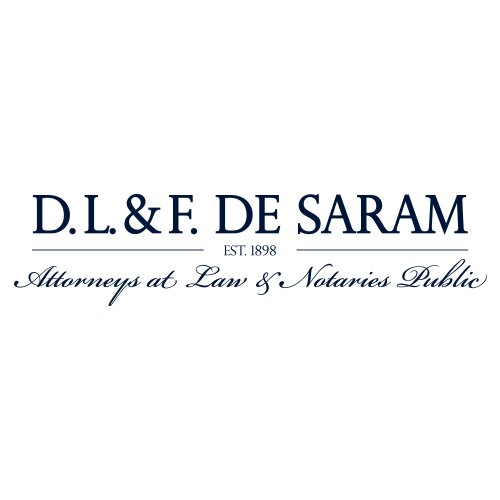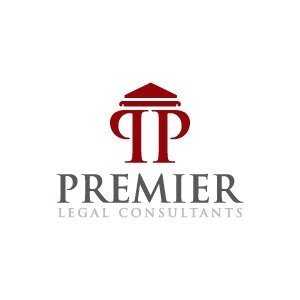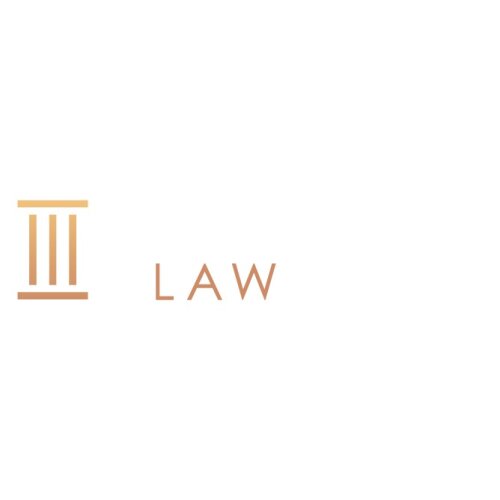Best Copyright Lawyers in Sri Lanka
Share your needs with us, get contacted by law firms.
Free. Takes 2 min.
Or refine your search by selecting a city:
List of the best lawyers in Sri Lanka
About Copyright Law in Sri Lanka
Copyright in Sri Lanka is governed by the Intellectual Property Act, No. 36 of 2003. This law provides creators and authors with the exclusive rights to their works, preventing unauthorized use or reproduction. These rights cover a wide range of materials from literary and musical works to databases and broadcasts. The goal of copyright law is to encourage the creation and dissemination of knowledge by ensuring that creators have control over, and can benefit from, their works.
Why You May Need a Lawyer
There are several situations where you might require the expertise of a lawyer skilled in copyright matters:
- When you need to understand and apply for copyright protection for your work.
- If you believe someone is infringing on your copyright and you seek legal recourse.
- When drafting contracts that involve the use or transfer of copyrighted materials.
- If you're accused of copyright infringement and need to defend yourself legally.
- While navigating copyright issues in digital and online platforms, especially with the rise of digital media.
Local Laws Overview
The Intellectual Property Act outlines several key facets of copyright law in Sri Lanka:
- Duration: Copyright protection lasts for the lifetime of the author plus 70 years posthumously.
- Registration: While copyright protection is automatic upon the creation of a work, registration with the National Intellectual Property Office can offer additional benefits.
- Moral Rights: Authors have rights to attribution and the integrity of their works.
- Fair Use: There are provisions for the fair use of copyrighted materials for purposes like criticism, news reporting, and teaching.
- Infringement: There are significant penalties, including fines and possible imprisonment, for copyright infringement.
Frequently Asked Questions
What is considered a copyrighted work?
Copyrighted works include original literary, musical, and artistic works, computer programs, databases, films, and broadcasts. The work must be an original expression and fixed in a tangible medium.
Do I need to register my work to have copyright protection?
No, copyright protection is automatic upon creation. However, registration can help in case of legal disputes.
How long does copyright protection last?
For most works, copyright lasts for the author's lifetime plus 70 years after their death.
What are moral rights?
Moral rights allow authors to object to derogatory treatment of their work and ensure their authorship is recognized.
What constitutes copyright infringement?
Infringement occurs when someone uses, copies, or distributes a copyrighted work without the permission of the copyright holder.
What are the penalties for copyright infringement?
Penalties can include fines, compensation, and imprisonment, depending on the severity of the infringement.
Can I use copyrighted work for educational purposes?
You may use copyrighted work for educational purposes under the fair use doctrine, but this is limited and context-specific.
What is the role of the National Intellectual Property Office?
The National Intellectual Property Office is responsible for overseeing the implementation of the Intellectual Property Act and offers registration services and advice.
How can I protect my copyright internationally?
Sri Lanka is a member of international treaties such as the Berne Convention, which facilitates protection of copyrights in member countries.
Can copyrighted materials be used in digital media?
Digital use of copyrighted materials is subject to the same rules as traditional media and often requires additional considerations due to ease of distribution.
Additional Resources
For more information, consider reaching out to these organizations or resources:
- National Intellectual Property Office of Sri Lanka: Provides guidance and registration services.
- Sri Lanka Inventors Commission: Offers assistance to creators and inventors.
- Local Bar Association: Can guide you to lawyers specializing in intellectual property law.
Next Steps
If you need legal assistance regarding copyright, consider taking these next steps:
- Consult a lawyer specializing in copyright law to assess your situation.
- Gather all relevant documentation and evidence relating to your case or query.
- Initiate discussions or negotiations if applicable, with the guidance of your legal advisor.
- Register your copyright work if it has not already been done to strengthen your legal stance.
Lawzana helps you find the best lawyers and law firms in Sri Lanka through a curated and pre-screened list of qualified legal professionals. Our platform offers rankings and detailed profiles of attorneys and law firms, allowing you to compare based on practice areas, including Copyright, experience, and client feedback.
Each profile includes a description of the firm's areas of practice, client reviews, team members and partners, year of establishment, spoken languages, office locations, contact information, social media presence, and any published articles or resources. Most firms on our platform speak English and are experienced in both local and international legal matters.
Get a quote from top-rated law firms in Sri Lanka — quickly, securely, and without unnecessary hassle.
Disclaimer:
The information provided on this page is for general informational purposes only and does not constitute legal advice. While we strive to ensure the accuracy and relevance of the content, legal information may change over time, and interpretations of the law can vary. You should always consult with a qualified legal professional for advice specific to your situation.
We disclaim all liability for actions taken or not taken based on the content of this page. If you believe any information is incorrect or outdated, please contact us, and we will review and update it where appropriate.
Browse copyright law firms by city in Sri Lanka
Refine your search by selecting a city.

















